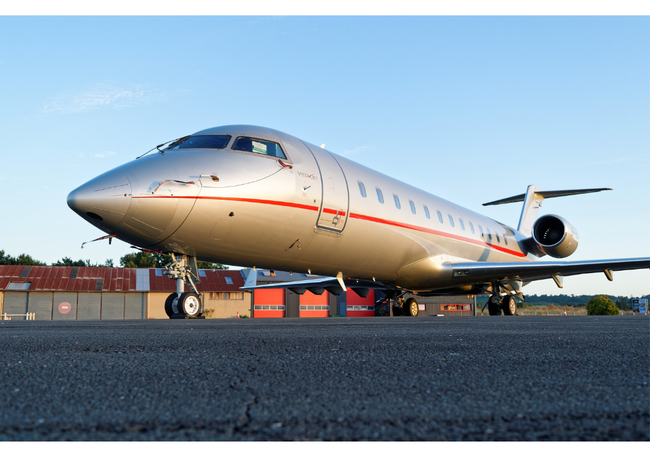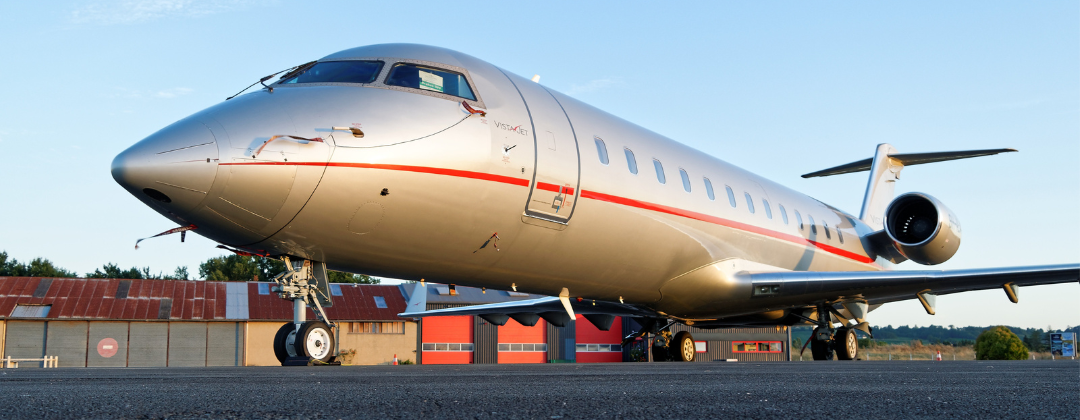The figures underscore how climate breakdown is disproportionately driven by the super-rich, whose emissions far exceed those of ordinary people globally. The richest 1 percent are responsible for more than twice as much carbon pollution than the poorest half of humanity put together, with devastating consequences for vulnerable communities and efforts to tackle the climate emergency.
Oxfam’s research shows that the emissions of the richest 1 percent since 1990 have caused - and will continue to cause - trillions of dollars in economic damage, extensive crop losses, and millions of excess deaths.
Oxfam Scotland is calling the alarming milestone “Pollutocrat Day,” saying it should serve as a wake-up call to policymakers everywhere – including in Scotland and across the UK – to act by tackling the extravagant lifestyles that drive the climate crisis. To meet the 1.5°C goal, the richest 1 percent need to cut their emissions by 97 percent by 2030.
With the Scottish Budget under discussion, campaigners are urging the Scottish Government to use devolved powers to introduce a private jet tax, targeting the pollution-spewing planes that symbolise dangerous, wasteful emissions and carbon inequality. They say this is a fair first step towards a robust aviation demand management framework, as called for by the Climate Change Committee, which campaigners say should include a Frequent Flyer Levy.
Jamie Livingstone, Head of Oxfam Scotland, said: “Private jets are the poster child of climate injustice, heaping yet more unnecessary pollution on a planet that’s already consumed by a deadly combination of floods, fire and famine. The Scottish Government faces a stark choice: take bold action to make these rich polluters pay for their lavish lifestyle choices or remain complicit in their deadly destruction. A private jet tax would send a powerful message that Scotland won’t tolerate the reckless demolition of our collective future.”
Private jets are among the most polluting, unnecessary, and wasteful forms of transport on the planet. Estimates suggest they emit up to 14 times more carbon per passenger than commercial flights and a staggering 50 times more than trains. Shockingly, nearly 40% of private jet flights carry no passengers at all, flying empty to pick up their passengers, a brazen display of climate-wrecking extravagance.
Despite their outsized emissions, the use of private jets is soaring. Analysis suggests that the global fleet has ballooned by 133% in the past two decades, with an average of 602 new jets taking to the skies each year.
With nearly 13,000 private jet flights recorded at Scotland’s airports in 2023, campaigners say Scotland is implicated in this climate scandal. While the wealthiest polluters continue to burn through carbon at will, people living in poverty, both in Scotland and around the world are left to bear the brunt of the climate crisis.
The Scottish Parliament passed legislation in 2017 for a new Air Departure Tax (ADT), yet the UK-wide Air Passenger Duty is still in force. Campaigners say a failure to introduce the replacement devolved tax and embed a private jet tax within it, despite the First Minister branding this a ‘welcome suggestion’, was a glaring omission in the draft Scottish Budget.
As Parliament debates the Scottish Budget, MSPs have a clear chance to act. Oxfam Scotland analysis shows a private jet tax could raise up to an extra £30 million, providing vital new funding for green initiatives like improving public transport, while incentivising a reduction in private jet use. Campaigners say the measure would be consistent with the First Minister’s claim that tackling the climate emergency is one of his “priorities for Scotland”.
Jamie Livingstone added: “With the Scottish Budget on the line, MSPs have a no-brainer opportunity to help get Scotland’s climate credibility back on track – tax private jets, raise vital funds for green initiatives and show the world that Scotland really means business on climate action.”
/ENDS
For more information and interviews, please contact: Rebecca Lozza, Oxfam Media and Communications Adviser, Scotland and Wales: rlozza1@oxfam.org.uk / 07917738450
Notes to Editors
Ton CO2 per capita per year
Ton CO2 per capita per day
Annual carbon budget, ton CO2 per capita
Days to use up share of annual carbon budget
Richest 1%
76
0.209
2.1
10
Poorest 50%
0.7
0.002
2.1
1022
- Oxfam’s research shows that the richest 1 percent - comprising 77 million individuals, including billionaires, millionaires, and those earning over $140,000 per year in PPP terms - were responsible for 15.9 percent of global CO2 emissions in 2019. The bottom 50 percent (3.9 billion people with an average annual income of $2,000 in PPP terms) accounted for 7.7 percent of all CO2 emissions during the same year. “Climate Equality: A Planet for the 99%” draws on research by the Stockholm Environment Institute (SEI) and assesses the consumption emissions of different income groups in 2019, the most recent year for which data are available.
- Between 2015 and 2030, the richest 1 percent are set to reduce their per capita consumption emissions by just 5 percent, compared with the 97 percent cuts needed to align with the global per capita level compatible with the 1.5°C goal of the Paris Agreement.
- The first-of-its-kind study, Oxfam’s “Carbon Inequality Kills,” tracks the emissions from private jets, yachts and polluting investments and details how the super-rich are fueling inequality, hunger and death across the world.


